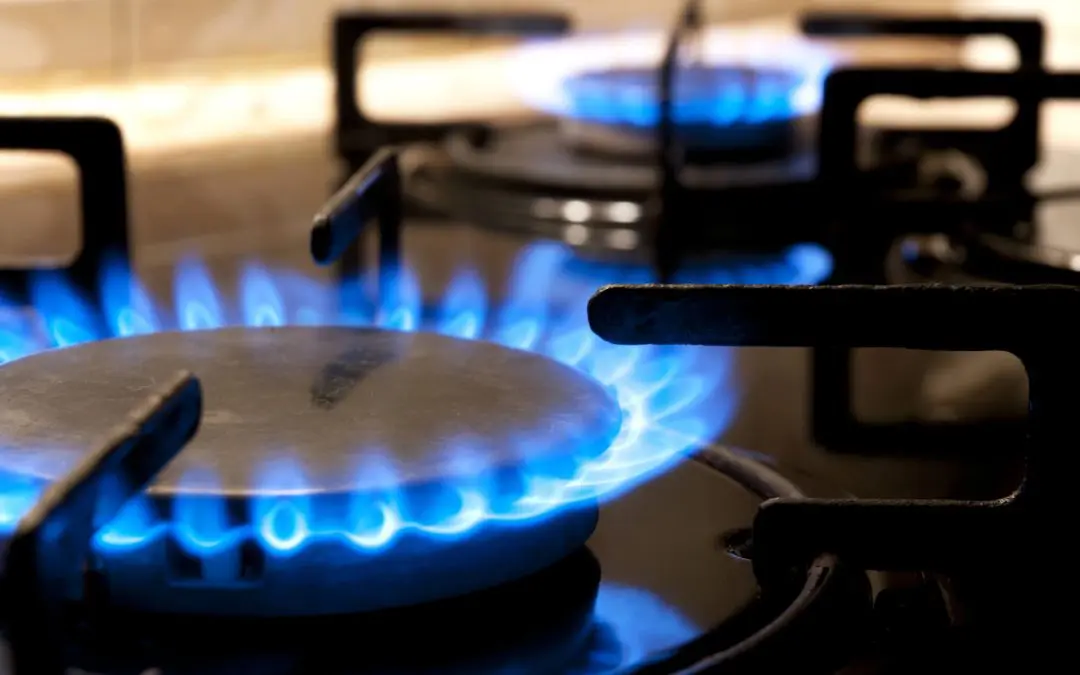Gas appliances are common in many homes—stoves, ovens, water heaters, fireplaces, dryers, and furnaces all make life easier and more efficient. But using gas also comes with risks that shouldn’t be ignored. A gas leak or carbon monoxide buildup can turn dangerous fast. The good news is, you can enjoy the benefits of gas appliances without worry by staying aware and following a few simple safety habits. This guide will walk you through how to use gas appliances safely, what warning signs to watch for, and how to prevent problems before they start.
Know What You’re Working With So You Can Use Gas Appliances Safely
First, it helps to understand the basics. Most home gas appliances run on natural gas or propane. These fuels are efficient and reliable, but they’re also flammable and can be hazardous if something goes wrong. That’s why gas companies add a chemical that gives gas that “rotten egg” smell—it’s there to warn you if there’s a leak.
Gas appliances need proper ventilation to work safely. When they burn fuel, they produce heat, but also carbon monoxide—a colorless, odorless gas that can be deadly in high concentrations. That’s why it’s critical your appliances are installed and maintained correctly.
Get Your Appliances Professionally Installed
If you’re adding a new gas appliance to your home, hire a licensed professional to install it. Even if it seems like a simple connection, small mistakes can lead to gas leaks or poor ventilation. This isn’t a DIY project to mess around with. Professional installation ensures the appliance is vented properly, the connections are sealed, and everything meets local code.
Cleanliness is Essential to Use Gas Appliances Safely
Over time, dust, pet hair, and debris can build up in and around your gas appliances. That buildup can block air intake or ventilation, which affects performance and safety. Check around your appliances regularly and keep the area clean. Never store flammable materials nearby. Things like paper towels, cleaning products, or paint cans don’t belong anywhere near an open flame or pilot light.
Also pay attention to how your appliances sound and smell. If your gas stove burner turns yellow instead of blue, or your furnace makes new noises, that could be a sign something isn’t working right.
Have Your Appliances Inspected Annually
Even if everything seems fine, a yearly inspection from a licensed technician is worth it. They’ll check for gas leaks, test safety valves, clean components, and make sure your appliance is venting properly. Regular maintenance helps your appliances run more efficiently and prevents bigger issues down the road.
This is especially important for appliances that run year-round, like water heaters or furnaces. Carbon monoxide buildup often happens slowly over time, and you might not notice symptoms until it’s serious.
Install Carbon Monoxide Detectors
Every home with gas appliances should have working carbon monoxide detectors on each floor, especially near bedrooms. These devices alert you if dangerous levels of CO are building up in your home. They’re as important as smoke detectors—don’t skip them.
Test them monthly, replace the batteries once a year, and replace the detectors themselves every five to seven years, depending on the brand.
What to Do If You Smell Gas
If you smell gas indoors and it’s strong, leave the house immediately. Don’t use light switches, electronics, or anything that might cause a spark. Once you’re safely outside, call your gas company or 911. Don’t go back in until a professional gives the all-clear.
If the smell is faint and coming from an appliance, turn off the appliance if it’s safe to do so, open windows for ventilation, and call a technician to inspect it. Never try to fix a gas leak yourself.
Stay Ahead of the Problem
Gas appliances are safe when used properly. The key is staying proactive. Don’t wait for something to go wrong. Get your appliances checked regularly, keep the area around them clear, and trust your instincts if something smells off or starts acting strange. A little attention goes a long way in keeping your home safe and comfortable.
FAQs on How to Use Gas Appliances Safely
How can I tell if my gas appliance is leaking?
A rotten egg smell is the most obvious sign of a gas leak. You might also hear a hissing sound near the connection. If you notice either, get out of the house and call the gas company.
Why is my gas flame yellow instead of blue?
A yellow flame usually means the gas isn’t burning efficiently, which could point to a ventilation problem or a dirty burner. Have it inspected by a professional.
Is it safe to leave a gas oven on for heat?
No. Gas ovens are not designed to heat your home and using them that way increases the risk of carbon monoxide buildup.
Do gas appliances work during a power outage?
Some do. Gas stoves can usually be lit with a match if the ignition system is electric. Furnaces and water heaters, though, may rely on electric controls and won’t work without power.
How often should I service my gas appliances?
Once a year is a good rule of thumb. Schedule annual maintenance with a licensed technician to stay on top of safety and efficiency.
Where should I install carbon monoxide detectors?
Place them near bedrooms, on each floor of your home, and near any gas-burning appliances. Avoid putting them right next to windows or vents, where airflow could affect their accuracy.
Anderson Home Inspections offers home inspections in Central Ohio. Contact us to schedule our services.

